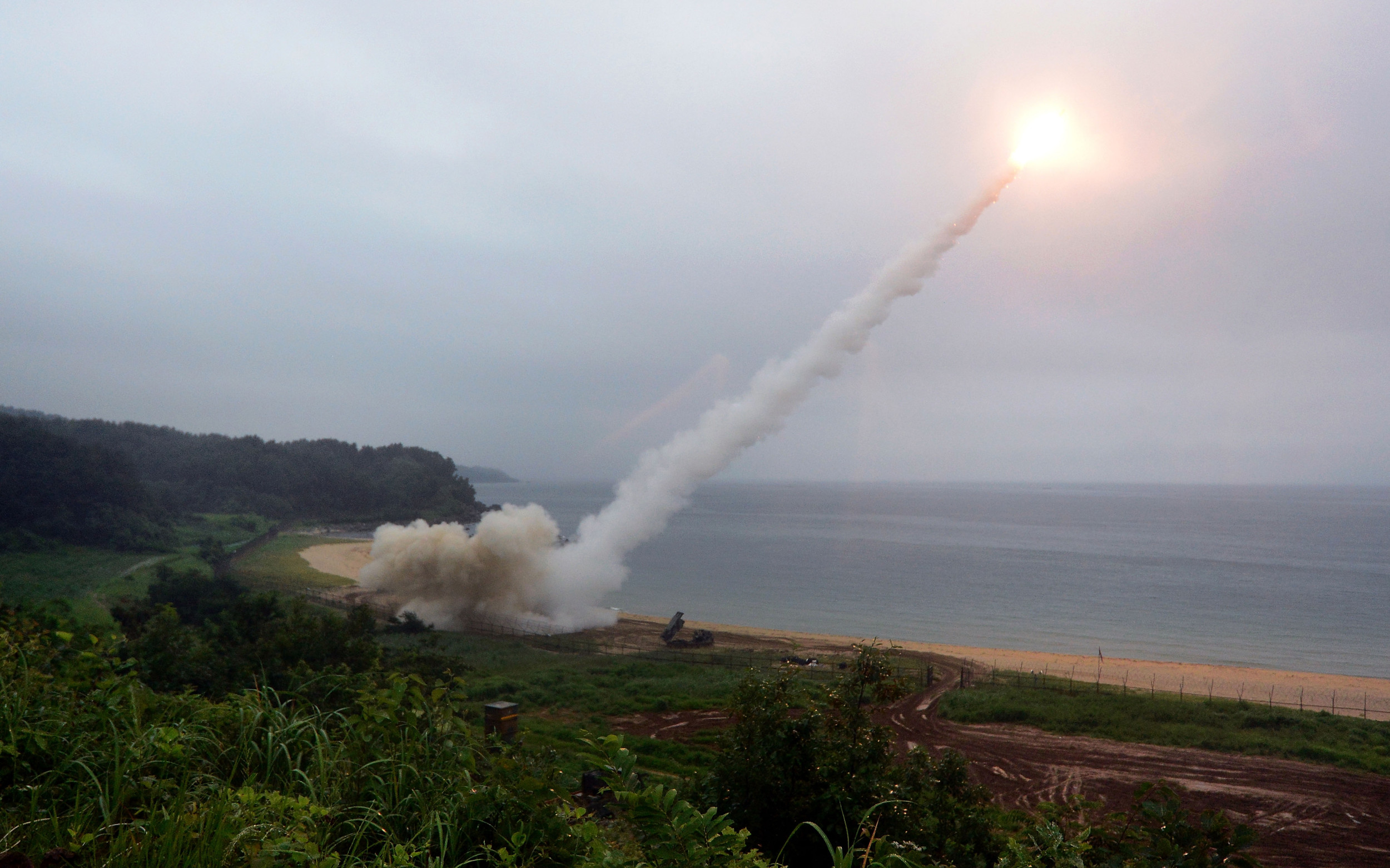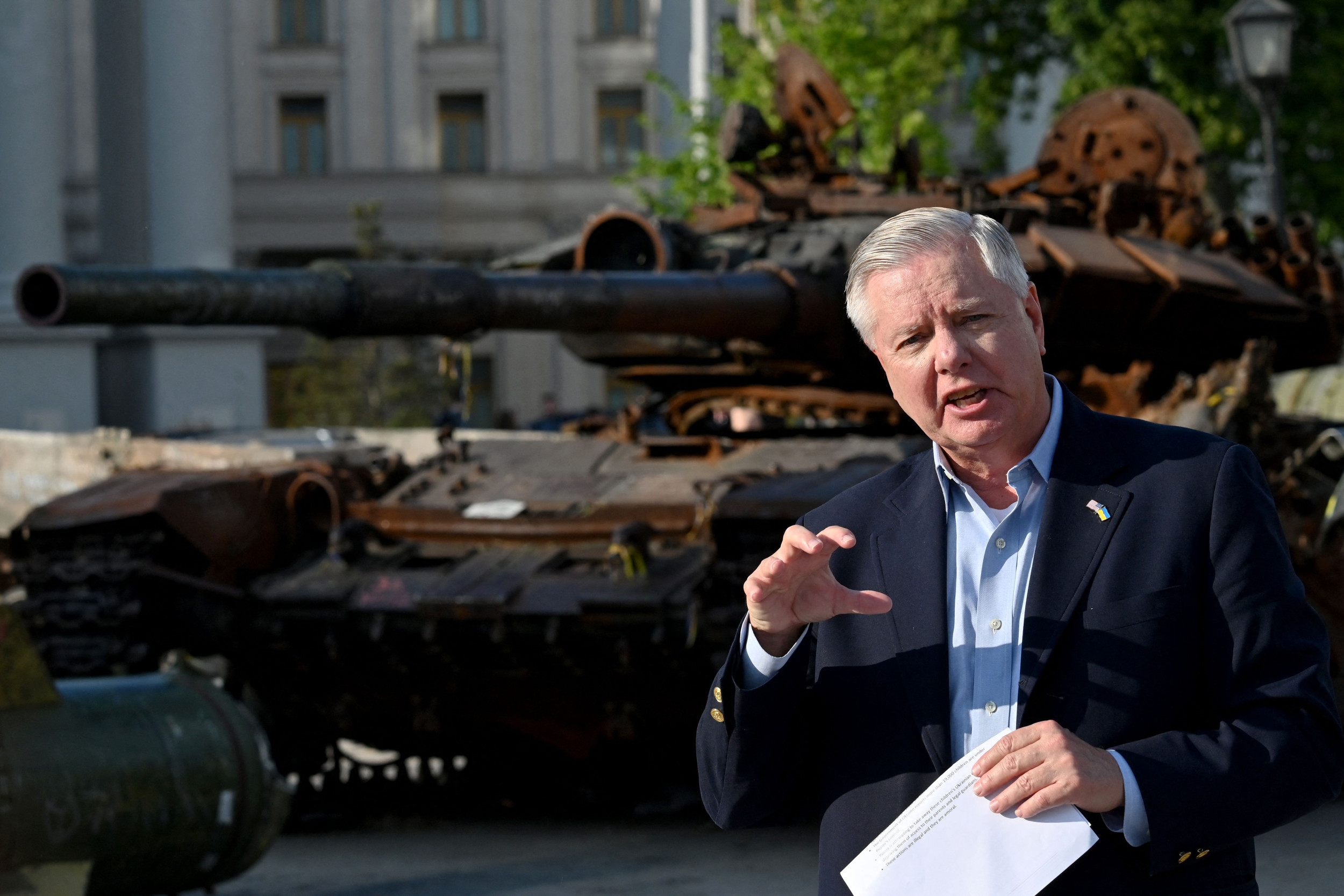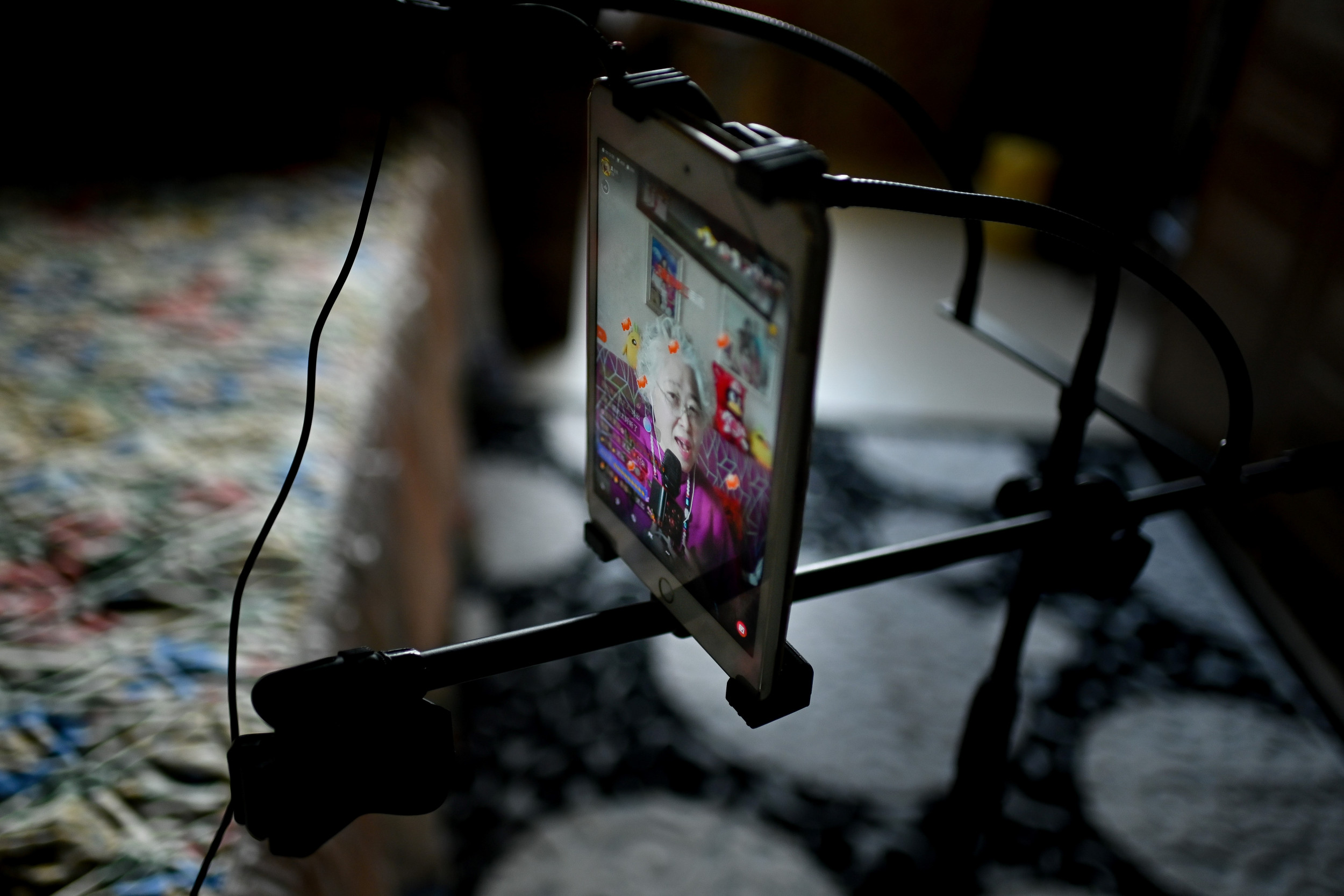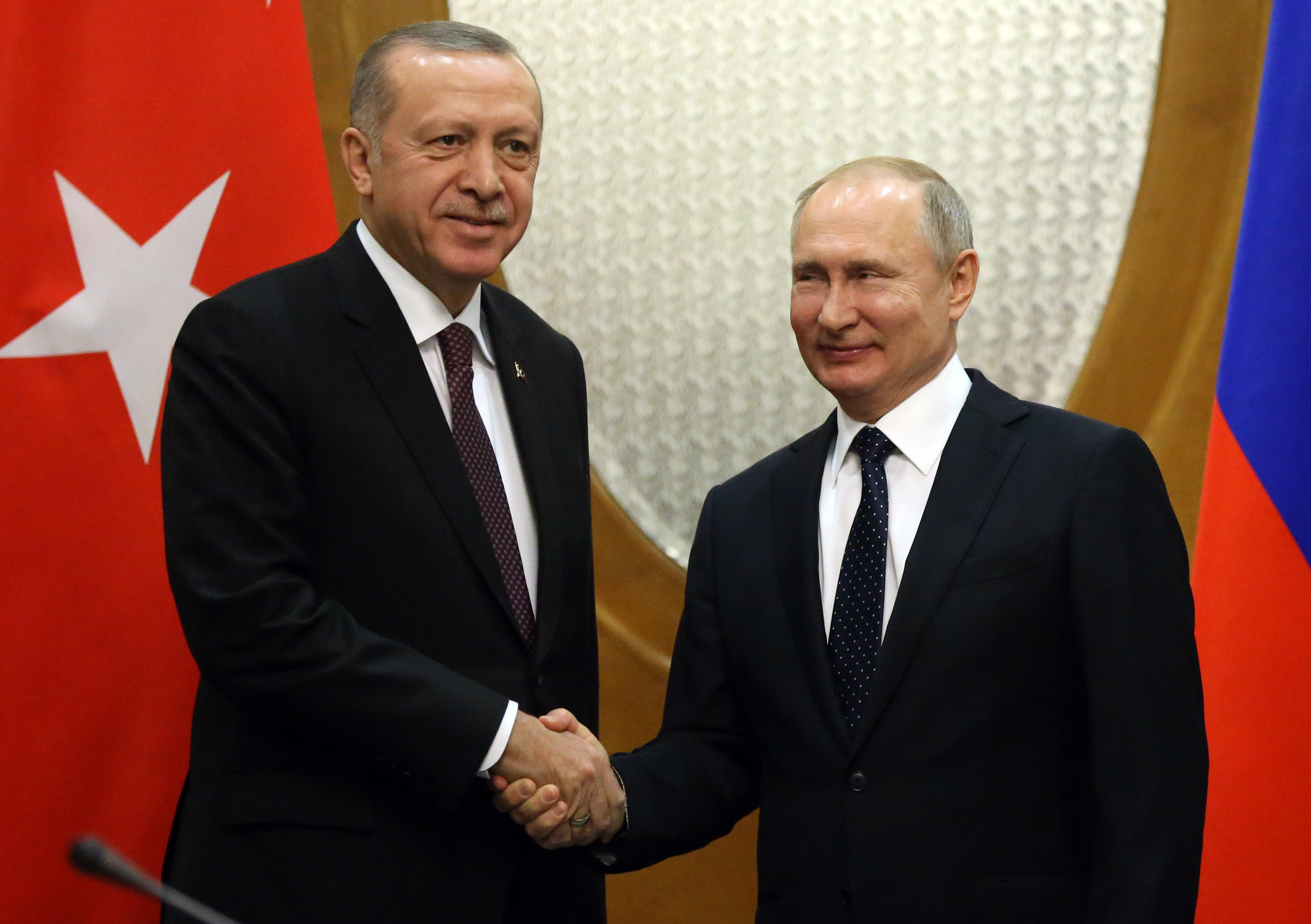Putin Faces Watershed Moment After Drones Attack Moscow
- Multiple drones struck Moscow on Tuesday at around 4 a.m. local time.
- Russia blamed Ukraine for the attack, but Kyiv denied responsibility.
- The Kremlin has downplayed the attack, and state media have tried to emphasize the effectiveness of the country's air defense systems.
- Experts say Russian President Vladimir Putin could be hurt politically by the attack, but he could see some benefit from them as well.
Moscow was hit by drone strikes on Tuesday morning, and the political implications for Russian President Vladimir Putin could be either positive or negative.
So far, the Kremlin has downplayed the attack. Russian officials have said only eight unmanned aerial vehicles (UAVs) were involved, while local Telegram channels reported that around 30 drones participated, with damage to residential buildings but no known casualties. The Kremlin has also blamed Ukraine for the attack, but Kyiv has denied responsibility.
Western observers have said that Putin has waged a carefully constructed information campaign throughout the war in Ukraine, pushing the narrative that Russia is winning and Ukraine is relying on Western support.
He is continuing those PR efforts, according to the Russian independent news outlet Meduza. It reported that unnamed sources said the Putin administration had informed state-run media to note the "successful work of air defense forces" during coverage of the attack and to state that the goal of the "provocation" was not achieved.
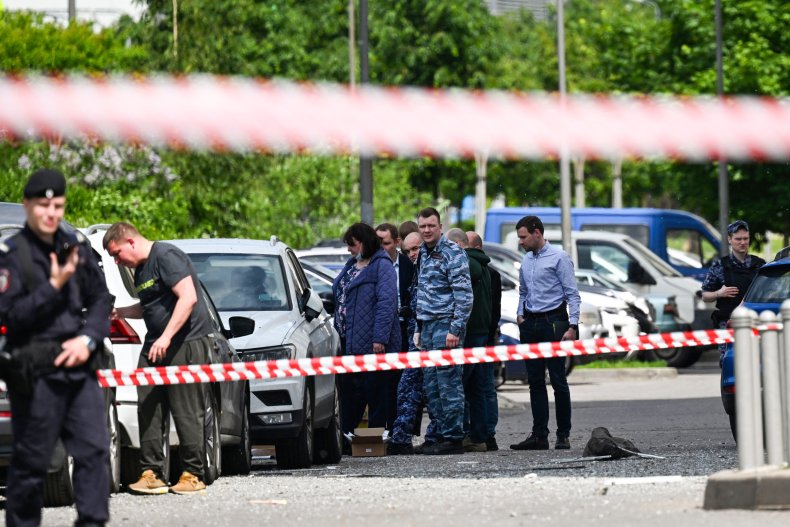
In explaining how the drone attack could affect Putin's PR war, Mark Katz, a professor at George Mason University's Schar School of Policy and Government, told Newsweek that "if the Kremlin made a big deal about it, then the question of how Russian military and security forces [could] have allowed this to occur will arise."
"Still, if there are more drone attacks on Moscow, then the Russian public will wonder: What about the effectiveness of how Russian forces are [doing] in Ukraine?"
Could Putin Use the Attack to His Advantage?
Katz noted a possible positive consequence could come for Putin from future drone attacks.
"Russian civilian casualties, of course, could actually result in increased Russian public support—or lack of opposition—for the Kremlin's war effort," he said.
Katz added that "perhaps later" such attacks could "start to undermine Russian public support for the continuation of the war" if the conflict "isn't resulting in Russian victory but is resulting in Russian casualties far from the front."
Northwestern University political science professor William Reno told Newsweek that "some right-wing Russian commentators argue that this and other attacks will rally Russians to support this war."
"The risk for Putin's government, however, is that these attacks cause Russians to wonder why it's all gone so wrong and to blame the Kremlin for these mistakes. Putin appears to care about public opinion, given his unwillingness to authorize another large-scale mobilization," Reno said. "The use of Wagner and other private military groups in combat in Ukraine shows that the Kremlin prefers operations that mute the impact of this war on the average Russian, that it is a 'special military operation,' not a war."
Mark Galeotti, a London-based political scientist and author of the 2022 book Putin's Wars: From Chechnya to Ukraine, questioned why the Kremlin was drawing parallels to previous assaults on Moscow by Napoleon Bonaparte in 1812 and by Nazi Germany during World War II when discussing the drone attack.
"These were truly dire moments, and Moscow itself, after all, was burned almost to the ground under Napoleon," Galeotti told Newsweek. "In the attempt to downplay it, they're also making deeply troubling comparisons."
Could Russia Have Faked the Attacks?
Given the response from Russia, Galeotti said he believes the drones were not an incident orchestrated by Kremlin to drum up public support for the war.
"The idea that this was some kind of false flag attack to try and mobilize the Russian people becomes even more discredited when it's clear that they don't really have any kind of decent narrative ready to roll out when it happens," he said.
Were Anti-Putin Russians Responsible?
If Ukraine wasn't behind the attacks and Russia didn't create them itself, another possibility is that Russian dissidents carried out the strikes. Earlier this month, two Russian anti-government groups—the Russian Volunteer Corps and the Freedom for Russia Legion—claimed responsibility for attacks in Russia's Belgorod region, and they or a similar group could have targeted Moscow on Tuesday.
No matter if the Ukrainians or dissidents were behind Tuesday's incident, Putin's PR efforts could be in trouble, according to another expert.
David Silbey, an associate professor of history at Cornell and director of teaching and learning at Cornell in Washington, told Newsweek that Putin's messaging campaign within Russia had already "seen its ups and downs" before the drone strikes.
"For the most part, Russian public opinion has remained reasonably steadfast in support of the war (though how much of that is a fear of answering pollsters honestly is hard to tell)," Silbey said in an email. "There have been several cracks in that wall, however. Most notably, the conscription of a lot of Russian men caused a fair amount of public unrest within Russia, and lately the massive losses have begun to take their toll."
Silbey continued, "The drone strike adds to that, I think. It's a sign that the Ukrainians (or their allies) can reach out and touch even the heart of the Russian political system. That's certainly got to spook Putin a bit. The historical parallel is when the British bombed Berlin early in WWII, it sent Hitler into a frenzy because he understood the public symbolism of it quite well. My guess is that Putin does too."

